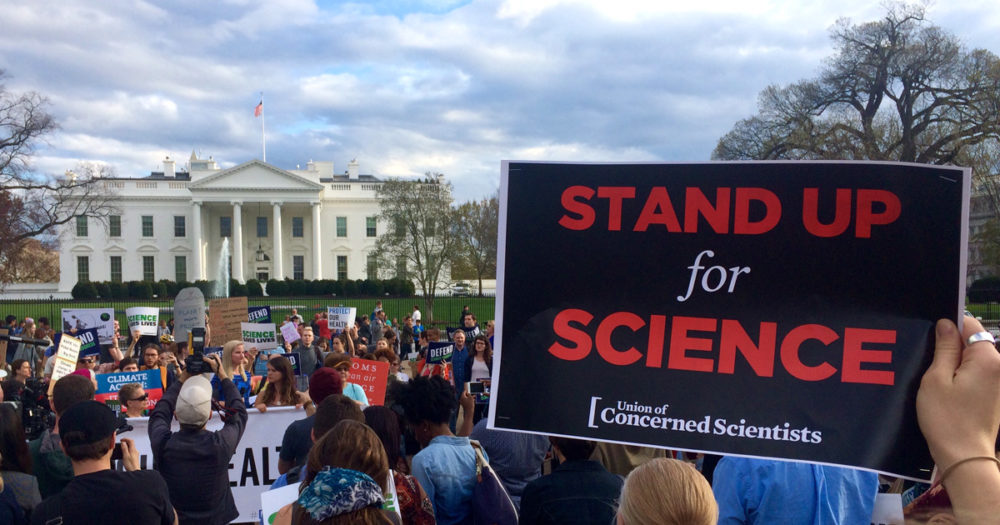The Environmental Protection Agency released its updated regulatory agenda this week. That document lays out the timeline for regulatory actions the agency is working on over the next two years. One item of note: the administration is delaying by a year its timeline for finalizing the agency’s terrible proposal to restrict the science it would rely on to only those studies where the raw data and all other information can be made public. The science community and those who believe our public health and safety protections should be based on science can take some credit for forcing the agency to re-think and consult before moving ahead.
As my colleague Michael Halpern put it to me, “This is a fundamentally flawed concept wholly conceived and promoted by industry lobbyists to limit the types of science that EPA can use in making decisions. Not even the EPA Office of the Science Advisor had any clue what was going on until the proposal was published. When legislation that tried to accomplish the same goal repeatedly died on the vine in Congress, they tried to ram it through the agency. The proposed rule should be framed in the National Archives as a notable example of how a government agency can be co-opted by extremists and failed tobacco lobbyists.”
Michael had it right. The proposal was originally designed to fight limits on second-hand smoke by essentially excluding from the decision-making process studies that would demonstrate population-level impacts on public health. Those studies rely on the confidential medical records and health data of individuals that cannot, and should not, be made public. By requiring the agency to only use studies whose raw data can be public, the proposal would exclude a huge number of epidemiological studies. In other words, it requires the nation’s premier public health agency to ignore scientific evidence of public health impacts.
The EPA received more than half a million comments on the proposed rule, including mine. And scientists, scientific societies, major scientific journals and thousands of others raised concerns about the proposal.
Is that why the EPA has slowed the process down? It is hard to tell, but it seems to have had a significant impact. And at such a challenging time, with a flood of attacks on science confronting us every day, let’s take some credit for being heard. All of us. We aren’t out of deep water yet, but maybe we are stemming the tide.

